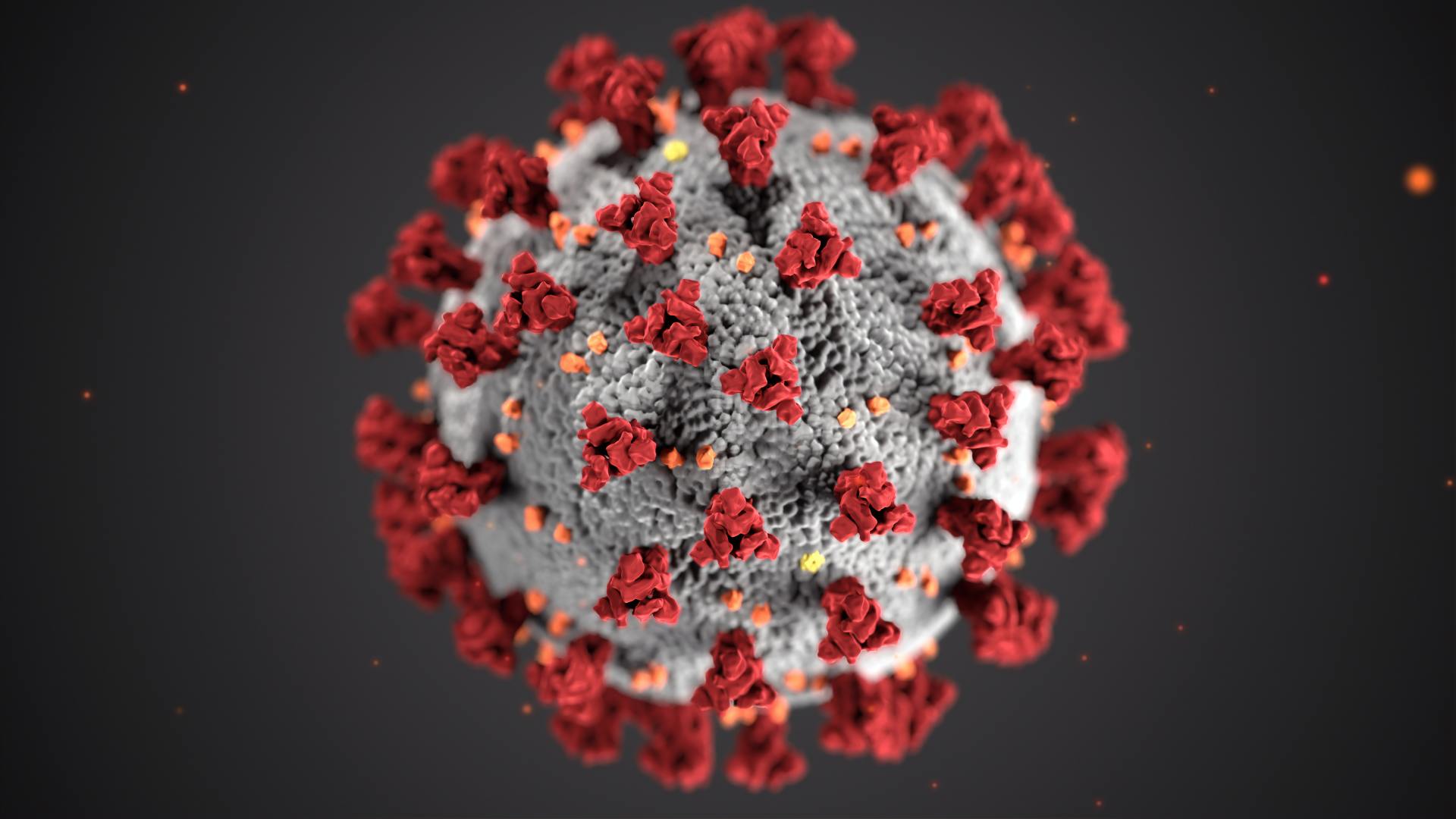Every spring seasonal allergies comes around and misery finds those of us who have allergies to trees, grass or weeds. In fact, there are more than 30 million people in the U.S. who are affected by allergy symptoms every year. Sometimes mistaken for a cold – allergies differ in some important features. Allergies don’t go away after 7-10 days and don’t cause fevers. Either allergies or colds can cause clear runny nose, congestion and fatigue. Itchy eyes, ears and sneezing are more commonly associated with allergies.
15 years ago allergy medications, other than benadryl, were available by prescription only. In 2017, patients can choose from antihistamines, nasal steroids, and eye drops that all are available over the counter. Nasal steroids – such as flonase or nasonex – reduce inflammation and swelling in nasal passages with minimal absorption. The sprays are typically used daily before, and during allergy season for best results. Newer antihistamines, such as claritin, allegra and zyrtec, work by preventing histamine from being released. They are less sedating and last longer than the older ones. Decongestants shrink blood vessels to relieve congestion and swelling. Decongestants can raise blood pressure and heart rate, are not recommended for people with several health problems and are usually only used for short periods of time. Nasal decongestants, such as Afrin, aren’t recommended for more than a few days since people can have worse symptoms when they stop them than they did when they started. Allergy eye drops, such as zaditor, can help too. Another option is a medication called singulair – which works by blocking leukotrienes – and helps asthma as well. For symptoms that aren’t controlled, some people will get allergy shots. These shots work by changing a person’s immune system over time – commonly over 3 to 5 years.
Some people prefer to use natural remedies for allergies. Nasal saline – either in spray form or by a neti pot can help clear nasal passages. Butterbur may help with allergy symptoms, as may quercetin, or stinging nettle.
Even better than treating allergy symptoms is avoiding them. Simple measures such as keeping doors and windows closed, and showering and washing your hair before bed can help. Using sunglasses can decrease the amount of pollen that gets in your eyes. If you have a dog that goes outside on a high-pollen day, washing the pollen off of him may help too. Vacuuming twice a week and using HEPA filters in air conditioners to trap pollen spores better can also minimize exposure inside.
If you are still having problems with seasonal allergies despite over-the-counter medications or if you are not sure what is causing your symptoms then I recommend following up with your primary care doctor for further evaluation and treatment.
***Note *** This post, like all my other posts, is for general medical information only and is not to be taken as direct advice. Please consult your personal physician for more information.














Share On: